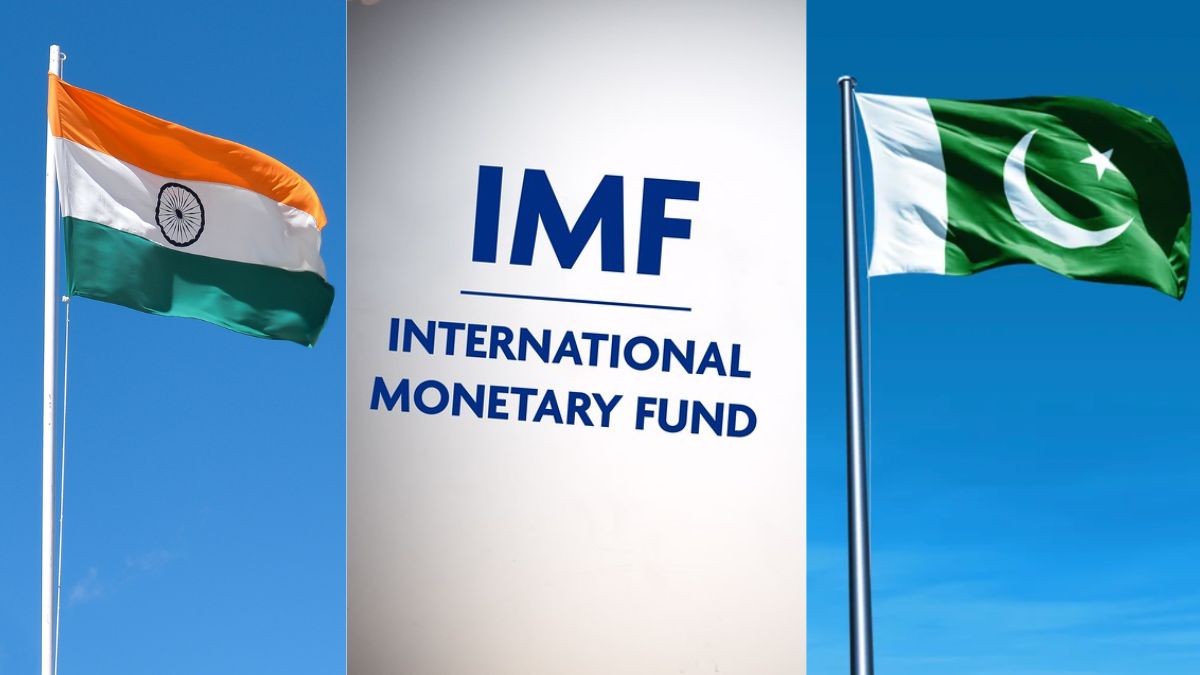The International Monetary Fund (IMF) has recently approved the disbursement of $1 billion to Pakistan. The approval came following IMF’s review of Pakistan’s economic reform program under the Extended Fund Facility (EFF). The IMF also considered a fresh Resilience and Sustainability Facility (RSF) lending program ($1.4 billion) for Pakistan.
India abstained from the vote on Pakistan’s loan programs, citing terrorism concerns. Several media reports said citing government sources that India abstained from the IMF vote as the system does not allow a formal “no” vote. However, in an exclusive interview with News24, Subhash Chandra Garg, ex-Finance Secretary of India and former Executive Director at the World Bank, refuted these reports. He said, “No, this is not true. Countries can vote against, countries can abstain, or countries can vote in favour. There is absolutely no such provision that no one can vote against.”
He expressed surprise on India’s decision to abstain, “This one did surprise me also – why did India not vote against and only abstained? So, that is the reason we don’t know, that will be for the government to explain. But this cannot be a reason that you were not allowed to vote against.”
Moreover, an IMF spokesperson told News24, “We at the IMF Executive Board, Executive Directors can vote yes, no or abstain.” However, she said, “In decisions that require a simple majority of votes cast, whether an Executive Director votes no or abstains doesn’t impact the final decision as long as there is a broad consensus on the decision.”
Could India’s ‘No’ At The IMF Have On Pakistan’s Bailout Lifeline?
Several experts believe that India’s ‘no’ would have had a stronger impact. However, even if India had voted against it, the loan would not have been stopped. “The IMF primarily employs a consensus-based approach for decision-making within its Executive Board and rarely needs to resort to formal voting. This approach emphasizes collective agreement, aiming to reflect the collective will of the Board,” said the IMF spokesperson.
Garg explains, “Americans have a kind of veto which allows them to block proposals by voting against them, even if an overwhelming majority is voting in favour. As a result, many of those proposals don’t go through.”
Needless to say, even if India had voted against it, other countries would have voted in favour. The US, EU countries, China are also major stakeholders along with India at IMF.
The US has a major 16.49% vote share at the IMF. The EU countries collectively has about 25-30% stake. China has 6.08% vote share, while India has only around 2.63% vote share at IMF.
As the facts suggest, India’s ‘no’ wouldn’t have much impact on the disbursal of Pakistan’s IMF bailout package.












